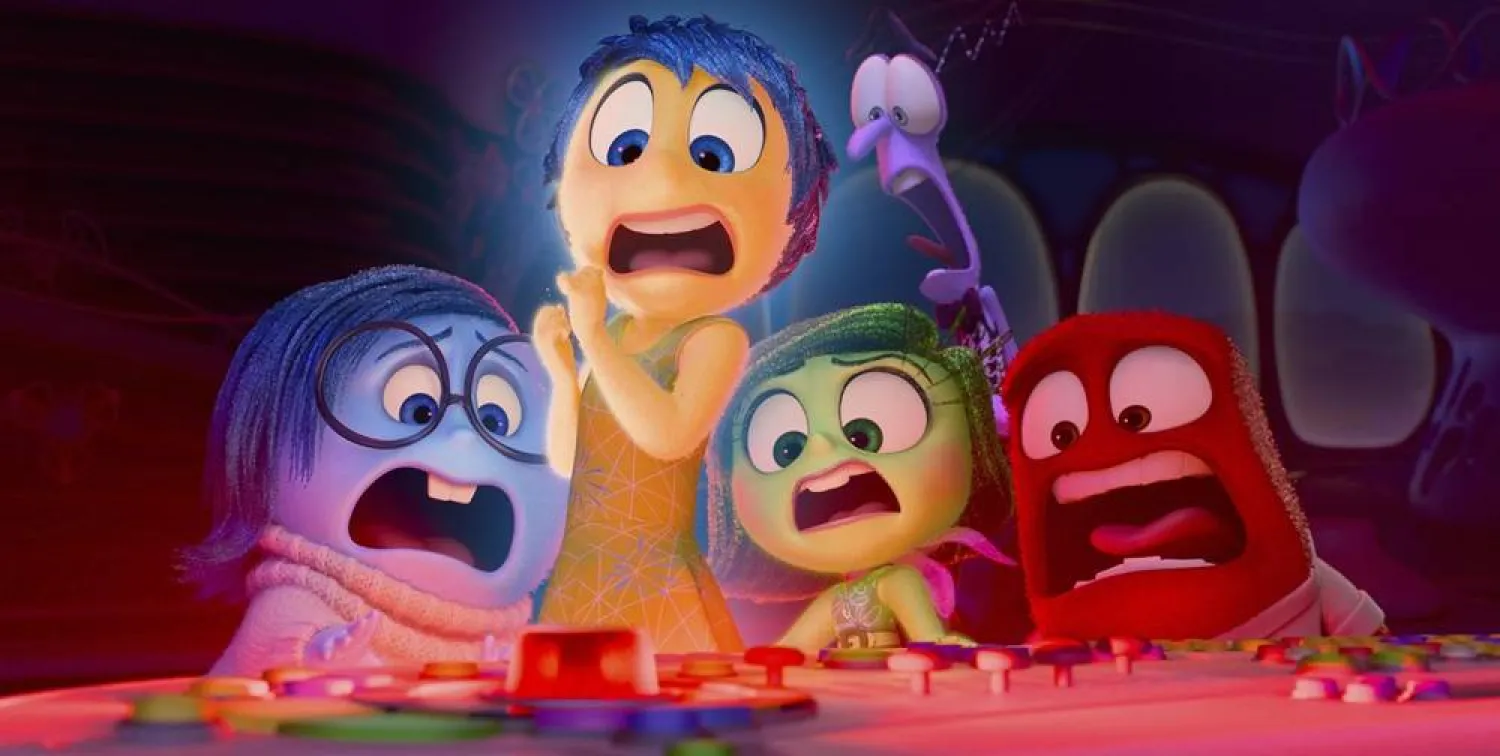Hollywood’s summer movie anxieties gave way to joy this weekend with the massive debut of Disney and Pixar’s “Inside Out 2.” The animated sequel earned $155 million in ticket sales from 4,440 theaters in the US and Canada, according to studio estimates Sunday.
Not only is it the second-highest opening weekend in Pixar’s nearly 29 years of making films and the second-biggest animated opening ever (behind only the $182.7 million launch of “Incredibles 2” in 2018). It’s also the biggest of 2024, which had not had any films debut over $100 million. With an estimated $140 million from international showings, “Inside Out 2” had a staggering, and record-breaking, $295 million global debut.
The success is significant for Pixar, marking a much-needed return to form for a studio that has had a string of underwhelming launches including “Elemental,” which did eventually become a success, and “Lightyear,” which didn’t. It’s also vitally important for the greater Hollywood ecosystem and the health of theatrical exhibition, which had been running at a 26% deficit before this weekend. “Inside Out 2” marks the biggest opening since “Barbie” launched to $162 million last July.
"This is a monumental weekend for movie theaters," said Paul Dergarabedian, the senior media analyst for Comscore.
Kelsey Mann directed “Inside Out 2,” which picks up with Riley as she turns 13. That means the arrival of new emotions like Anxiety (Maya Hawke), Ennui (Adèle Exarchopoulos), Envy (Ayo Edebiri) and Embarrassment (Paul Walter Hauser) to the mix. Amy Poehler once again lent her voice to Joy in a cast that also includes Tony Hale, Lewis Black and Phyllis Smith as Sadness.
It got glowing reviews from critics (92% on Rotten Tomatoes) and polled audiences who gave it an A CinemaScore, suggesting that this won’t be a first-weekend wonder either. With kids out of school and an open market until “Despicable Me 4” enters the ring over the Fourth of July, “Inside Out 2” is just getting started.
“Inside Out 2” is estimated to have cost around $200 million to produce, which does not account for the millions spent on marketing. Going into the weekend, it was tracking for a debut in the $90 million range, which would have been in line with “Inside Out’s” first weekend in June 2019. Even that would have been considered a terrific achievement, and enough to claim the biggest opening of the year — finally unseating March releases like “Dune: Part Two” and “Godzilla x Kong.”
It got off to a huge start with $13 million from Thursday preview showings, which started at 3 p.m. As the only major release of the weekend, its theatrical footprint was equally impressive playing on 400 IMAX screens, over 900 “premium large format” screens and over 2,500 3D screens.
“The family audience still loves going to the movies,” Dergarabedian said. “As an outside of the home experience, it’s still a relative bargain.”
This recommitment to theatrical comes after Disney sent several Pixar films straight to its streaming service, Disney+, over the pandemic including “Soul,” “Luca” and “Turning Red.” Last month, the New York Times reported that Pixar had decided to return its focus to feature films (and not producing shows for Disney+) and that it had laid off 14% of its workforce (about 175 employees).
“As important as this weekend is for the industry at large, for Pixar this is huge. They’ve been trying to get their groove back since the pandemic,” Dergarabedian said. “Pixar had for decades one of the most impressive box office track records ever. They’ve really come back big.”
Second place went to Sony's “Bad Boys: Ride or Die,” now in its second weekend with $33 million, down only 42% from its opening. In just 12 days, it's already earned over $112 million domestically and $214 million globally. As of Friday, the four-film franchise had crossed the $1 billion mark.
“Bad Boys'” success last weekend was the start of a higher-earning turnaround for the lagging summer movie season. For Hollywood, the summer season, which runs from the first weekend in May through Labor Day, usually represents about 40% of the yearly box office. The deficit is still significant, with ticket sales down 28% for the summer and 24% for the year (and this is still before “Barbenheimer”) but it's progress in a more promising direction nonetheless.
“We're not going to get there overnight,” Dergarabedian said. “But it’s good news for theaters. And we have some big movies on the way.”









